VSF Germany is an international Non-Governmental organization providing humanitarian aid and development assistance to pastoralists and vulnerable communities in areas where livestock is important. VSF Germany’s support is in animal health, livestock-related agriculture, marketing, food safety, drought responses and mitigation, capacity development of communities and governmental institutions, and peace and conflict resolution with the ultimate aim of food security and strengthened livelihoods of pastoralist communities.
In South Sudan, VSF Germany has been implementing the project Reducing hunger and malnutrition and promoting resilient food production in Cueibet County/Lakes State (PROMISE), funded by the German Federal Ministry for Economic Cooperation and Development (BMZ). The implementation of this project started in September 2016 and is scheduled to end in August 2023 (two project phases).
Scope, purpose and objectives of the evaluation
1. Purpose of the evaluation
The purpose of the evaluation is to provide a comprehensive assessment of the outcomes and impacts of the project, highlighting areas of success and areas for improvement to ensure the sustainability of the project's achievements.
2. Objectives of the evaluation
a) To appraise and establish the relevance of the project. The evaluation will appraise the appropriateness of project objectives to the problems that it was supposed to address, and to the physical and policy environment within which it operates. This will include an assessment of the quality of project preparation and design – i.e. the logic and completeness of the project planning process, the internal logic and coherence of the project design.
b) To determine the level of efficiency of the project implementation. Project efficiency will be evaluated by gauging whether the progress made towards achieving the expected results was happening at a reasonable cost – how efficiently means and activities were being converted into outputs.
c) To determine the effectiveness of the project implementation. The End-term evaluation will determine the contribution made by project outputs towards achieving the project objectives, and how assumptions have affected project achievements.
d) The evaluation shall also determine the effectiveness of the employed approaches in addressing the primary challenges affecting the community. The linkage and resultant synergy between these respective components shall be appraised.
e) To determine the project quality. The evaluation shall appraise PROMISE against desirable project quality factors that include: participation and ownership by beneficiaries; policy conformity; appropriate technology; socio-cultural implications; gender equality & outcomes; environmental protection; local institutional development; and management capacities; and financial and economic viability. Any deviation from initial plans shall be evaluated and accounted for. Achievements made in respect of the exit strategy will be measured.
f) To provide actionable, context appropriate and innovative recommendations and document lessons and good practices that can be replicated in future programming.
g) To evaluate the project on quality and accountability using the Core Humanitarian Standards (CHS)for effectiveness of monitoring and coordination.
h) Engage in more explorative study to identify overall outcomes and impact against the backdrop of a “Resilience Framework’’ (from the perspectives of capacities of communities) and to identify potential shortcomings in this respect as a crucial basis to improve approaches in the future programming.
i) Engage communities (focus on school feeding committees and other groups established), in action-research and a visioning exercise that borrows from PVCA (Participatory Vulnerability and Capacity Assessment) and SCLR (Supporting Community-Led Response) in CMDRR processes. Identify potential to enhance resilience of communities to maintain educational outcomes and food security with “own means’’ without project support and facilitation upon exit (based on a “Resilience’’/LRRD framework)
- The evaluation team should be composed of one consultant with international work experience and at least one local consultant.
- The evaluation team shall compose of members with a comprehensive mix of competencies in agropastoral production and market systems and evaluation methods (quantitative and qualitative methods). These will be complemented with at least five years’ experience in related programming and program research. Extensive experience in the specific fields in the Horn of Africa and South Sudan in particular will be required.
- Excellent communication skills as well as demonstrated writing and presentation skills are requisite. The evaluation will ensure high form of data quality through collection of accurate, complete, and relevant data in a way that respects the rights and privacy of participants.
Proposals should be submitted electronically to the following Email addresses: [email protected] and [email protected], indicating on the subject line thus “End Term Evaluation” followed by an abbreviation of the applicant’s name. The closing date for receiving proposals is 7th August 2023.



